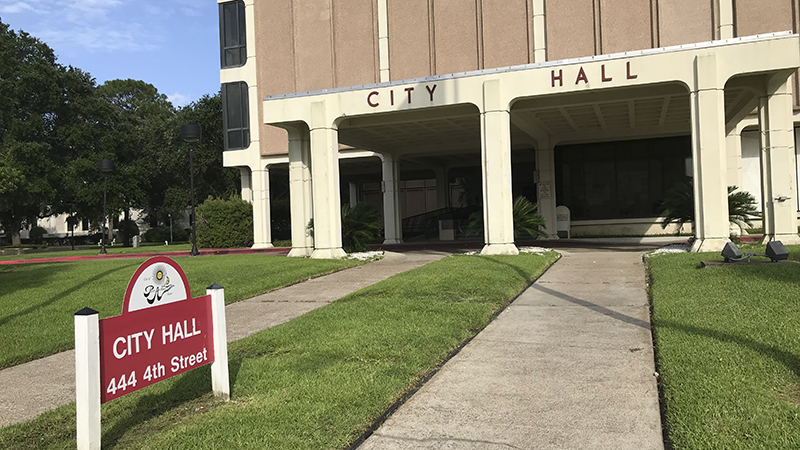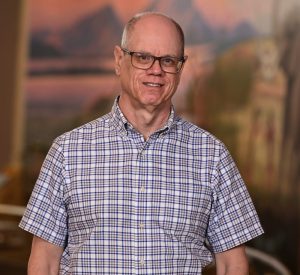Discussion over Port Arthur water, sewer rates to include public input
Published 12:40 am Thursday, June 30, 2022
|
Getting your Trinity Audio player ready...
|
The City of Port Arthur may soon host a workshop with input from residents to discuss water and sewer rates.
The topic recently arose during a council meeting when consultant Hani Tohme approached councilmembers with a presentation detailing the history of city rates and how it has impacted projects and budgets through the course of several years.
Mayor Thurman Bartie initially asked to have the presentation removed from the agenda.
Trending
“Right now I think that what we should concentrate on is some top quality customer service,” he said. “If we can deliver top quality customer service from the City of Port Arthur from…all departments that are actually going to be affected by this, then I believe we would have more of an opportunity for acquiescence from the citizens. Not everyone will agree, but we would have a larger number of individuals who are citizens to actually acquiesce to the request.”
Bartie suggested the topic be moved to a workshop.
Councilmen Cal Jones and Donald Frank echoed that suggestion, with Frank asking if residents could be permitted to attend the workshop and give input.
“The way the…Open Meetings Act is, anyone can comment on any agenda item now,” said City Attorney Valecia Tizeno. “On any public meeting, the public can comment now. People can talk on any item that goes before council.”
Following a vote, Tohme presented the slideshow with data dating back to the 90s.
“This slide says it all,” he said while presenting a chart displaying water and sewer rates from 1992 to present. “It really has so much information. And it gives us an idea about the lack of structure, the lack of stability and the lack of consistency when it comes to the utilities rates, whether it is the minimum usage fee part or the per thousand gallon parts.”
Trending
From 1999 to 2001, the minimum usage fee for water in the city was $1.36. In 2001, it increased to $6.37. The current cost is $7.73. However, from 2011 to 2018, residents were not charged a minimum usage fee for sewer.
“That lack of structure and stability cost the general fund $54 million,” Tohme said.
Charlotte Moses, the only sitting member of the council who was in office when the loss of sewer payments was discovered, said officials had a workshop with a third-party company to eliminate the multi-million dollar deficit and develop a year-over-year plan that would ensure a similar situation did not occur.
“It’s very difficult to pass on to our citizens a cost increase,” she said.
Tohme called it a double-edged sword.
“You increase the cost on the average household $5-$6 a month, and then you don’t do it and you can’t go buy a…truck that’s so highly needed every time somebody’s sewers back up,” he said. “It’s a tough decision.”
Utilizing the plan initiated to eliminate the $54 million, the water department ended 2018 over budget for the first time in nine years.
That plan also included an annual rate increase.
“This year another rate increase should have taken place but didn’t, but we’re still in positive projects because Chenier generated an additional $1.2 million in revenue above what was projected,” Tohme said. “If things stay as steady as they are, we should be OK this year.”
Cheniere Energy’s Sabine Pass LNG terminal generated $1.2 million more than originally budgeted for the year.
“We’re hoping that everything stays like it is so we can have a balanced budget regardless of the increase in fuel costs, material costs and everything else that inflation has affected worldwide,” Tohme said. “It’s highly affecting us at the utilities department.”
Jones said the decision to increase rates is hard.
“I want to call for a workshop where the public can have participation,” he said. “The people (can) come in, voice their opinion, and we’ll go from there.”
Frank, like Tohme, referenced rate increases, in particular how it has impacted residents.
“Every one of us sitting here today knows that what you paid for a loaf of bread last year has gone up,” he said. “The cost of milk has gone up. And then we understand as well that we live in a community where unemployment is the highest in the area.”
A date for a workshop had not been set as of Wednesday.







